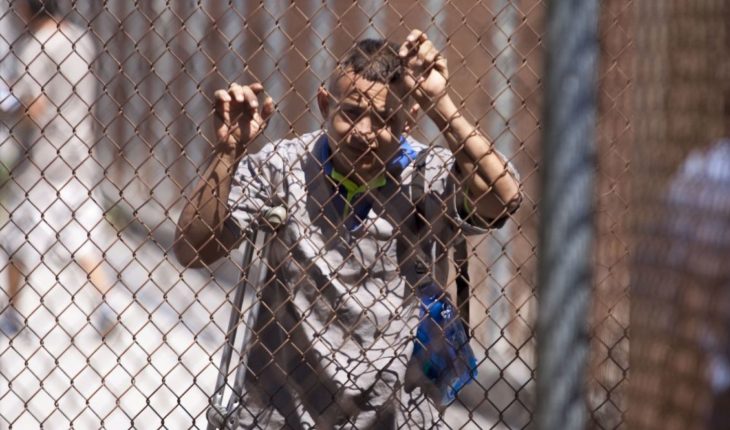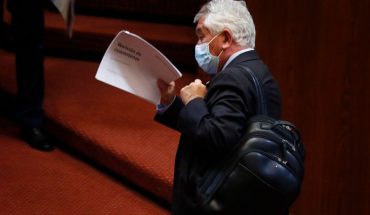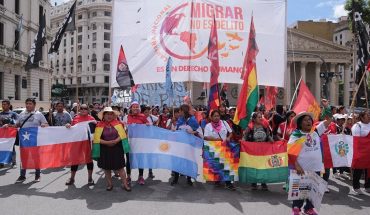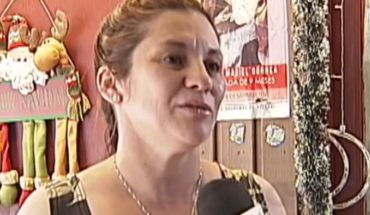Detainees, their families and prison staff in Mexico are at risk from the Covid-19 coronavirus pandemic.
According to the organization Reinsert, the virus prevention measures announced by the World Health Organization (WHO) and federal authorities, such as constant hand washing and the separation of one meter away, do not seem viable for most detention centres in the country.
You may be interested: Telethon will temporarily close its coronavirus rehabilitation centers
Figures from the National Diagnostics of the National Commission for Human Rights Prison System, by 2019 63% of detention centres had poor material, equipment and hygiene conditions in bedroom areas.
In addition, there is a deficiency in health services in 32.79% of criminal slobs, 33% of prisons have overcrowding and 32% overcrowded.
Reinsert therefore asked the three government orders in the country to consider in their emergency plans the prison system, allocating the necessary human and material resources for the care of the coronavirus outbreak.
Prisons implement coronavirus measures
In Quintana Roo, authorities have halved visiting people deprived of liberty, from four to two, and implemented surveillance to detect symptoms at the time of income.
Hygiene measures have also been promoted among the prison population and their families, however, Reinsert reports that they lack the resources to provide antibacterial products.
The State of Mexico has established sanitary fences on family visiting days and has implemented hygiene measures in the centres, however, the minimum number of distance between prisoners cannot be respected by the volume of the population.
Nuevo León, for its part, has arranged masks, latex gloves and antibacterial gel for personnel located in customs and exclusions, in addition, cleaning and disinfection work was carried out in areas of family visitation, intimate, locutorios and corridors.
In addition, each person deprived of liberty will be checked for symptoms and, where appropriate, in place by implementing isolation measures.
The body temperature of all persons entering the centre will also be checked, preventing access to those who register 37 o’s or more, without exception.
The Federal Centers have suspended the visit until April 20.
Read more: Coronavirus: 5 Strategies That Are Working to Contain Covid-19 Infections
For the care of more than 100 children recipients of Reinserta, in Mexico City, State of Mexico and Nuevo León the organization delivered basic needs kits, with diapers, milk, medicines and vitamins.
Reinsert will make available to minors continuity activities for the promotion of integral development, which will be carried out with their mothers, with the help of a teaching kit with materials and instructions.
Adolescents in detention centres will be provided with instructional manuals for self-care, integration and réflexi activities, and others for playful and artistic dynamics.
Reinserta called on the population to conduct themselves with empathy and responsibility in the face of the challenges presented by the pandemic and all those situations that require citizen participation.
What we do in Animal Político requires professional journalists, teamwork, dialogue with readers and something very important: independence. You can help us keep going. Be part of the team.
Subscribe to Animal Politician, receive benefits and support free journalism.#YoSoyAnimal
translated from Spanish: What are prisons doing to prevent coronavirus infection?
March 17, 2020 |





